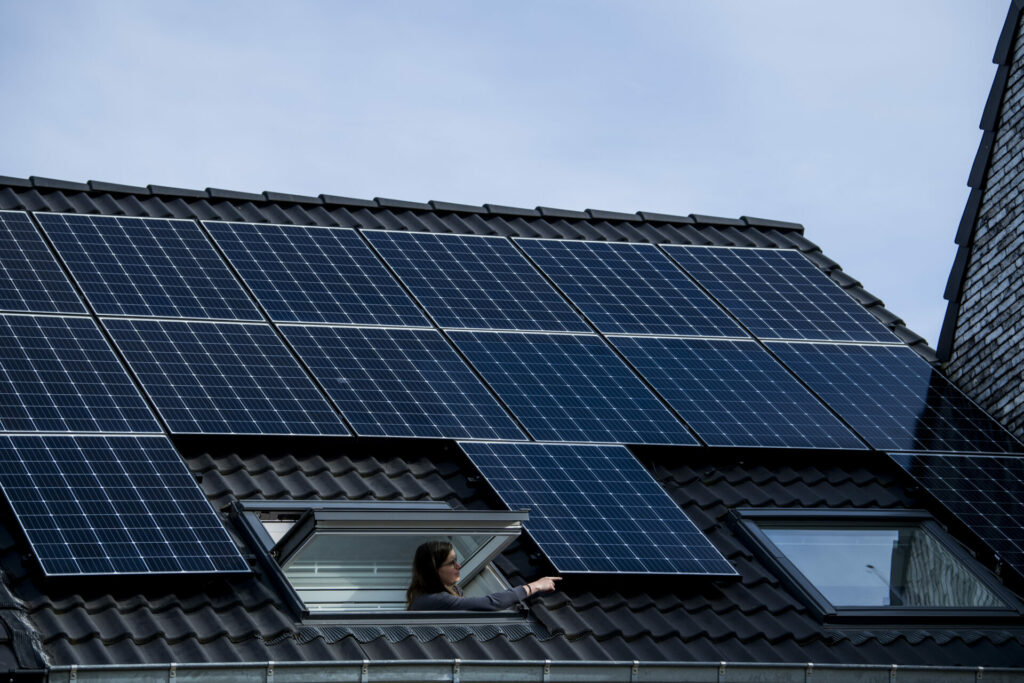In July, solar panels in Belgium generated a record amount of electricity. According to data from grid manager Elia, the share of solar energy in the electricity mix continues to soar in 2022.
Last month, solar energy accounted for 15% of Belgium's electricity mix; Elia recorded solar panels have produced 935 GWh – a new record.
"Never before has so much solar energy been produced in our country," a statement Elia shared with The Brussels Times read.
"2022 is set to be a top year for electricity production from solar panels. The combination of good weather and an increase in installed capacity (over 20% compared to 2021) has seen records being broken month after month."
The previous record, set in May of this year, was 888 GWh, followed by June 2022 with 875 GWh, which is considerably higher than the previous record set in May 2020 (683 GWh).
Wind complements solar energy
More than 5,000 MW of wind turbines and 6,000 MW of solar panels have currently been installed in Belgium. Elia states that these two renewable energy sources are complementary, as there is more wind energy during the winter when there is less sun.
"If we look at the amount of wind and sun energy together, February 2022 was a record month (25% of the total energy mix), mainly thanks to wind energy."
Elia continuously monitors and adjusts the balance between production and consumption. As more renewable energy is integrated into the electricity system, it becomes "all the more important to involve end consumers in balancing the grid."
Related News
- 400,000 solar panels to be installed on Flemish social housing
- Belgium approves €2 million for floating solar panels project in world-first
With the help of new technologies such as heat pumps, electric cars or batteries, this electricity consumption can be adapted to production. For example, batteries charge when there is a lot of energy production and consume when there is a shortage. This can help balance supply.
The company is also working to improve interconnections to ensure that renewable energy in Europe is distributed evenly across the continent and that regions with overproduction (such as the northern countries) can sell their surpluses on the international energy market (often at favourable prices).

